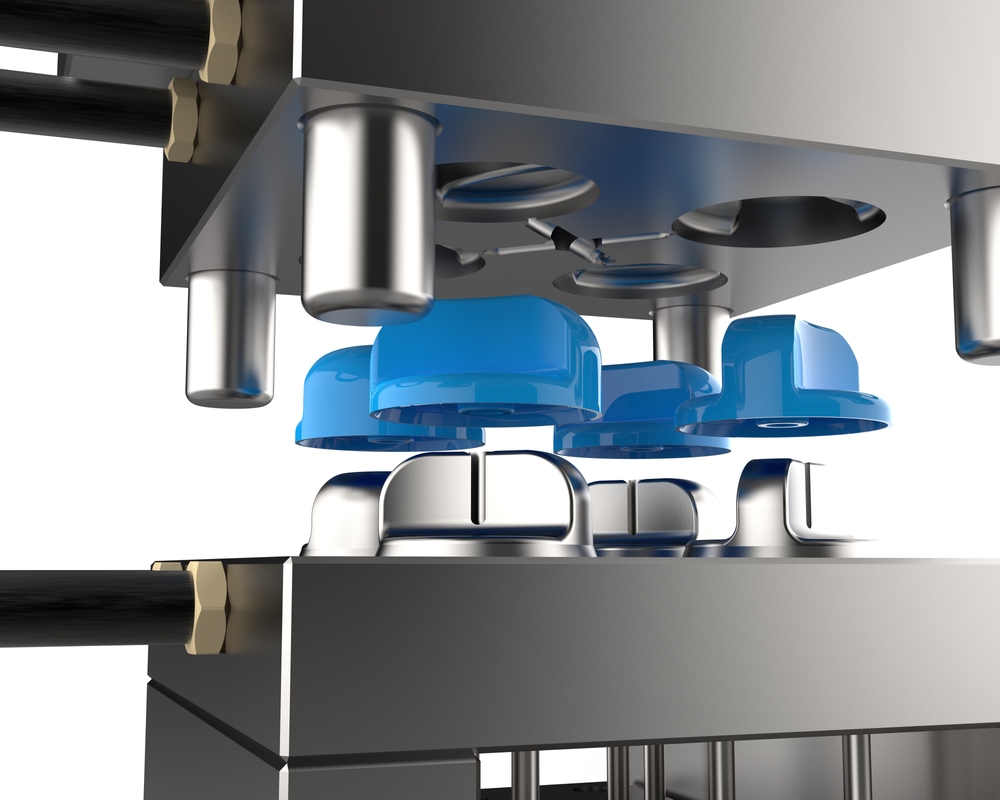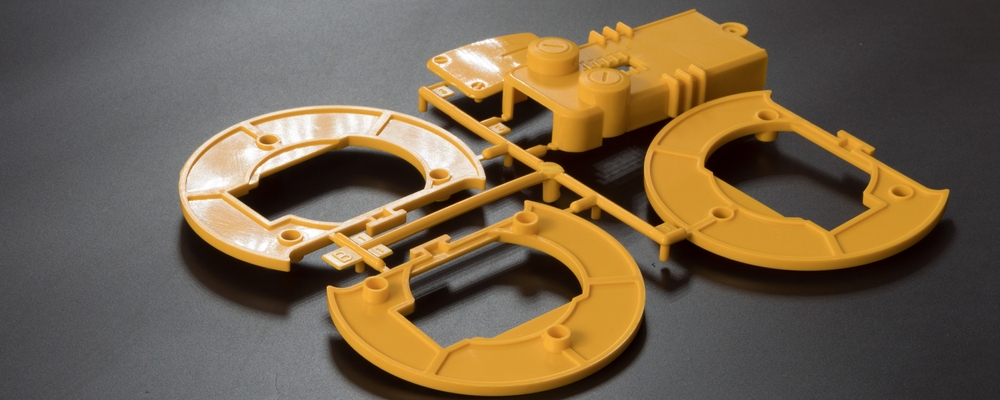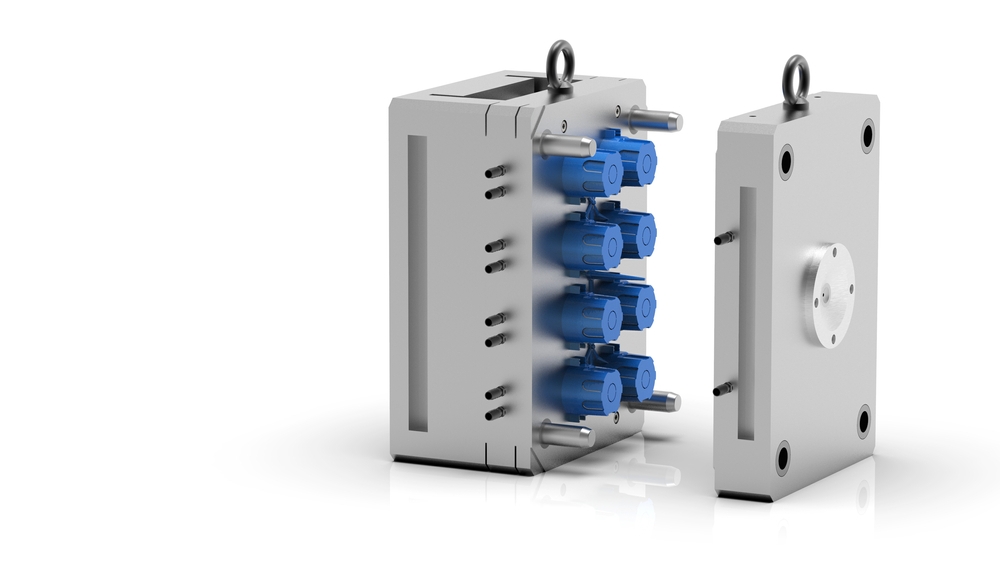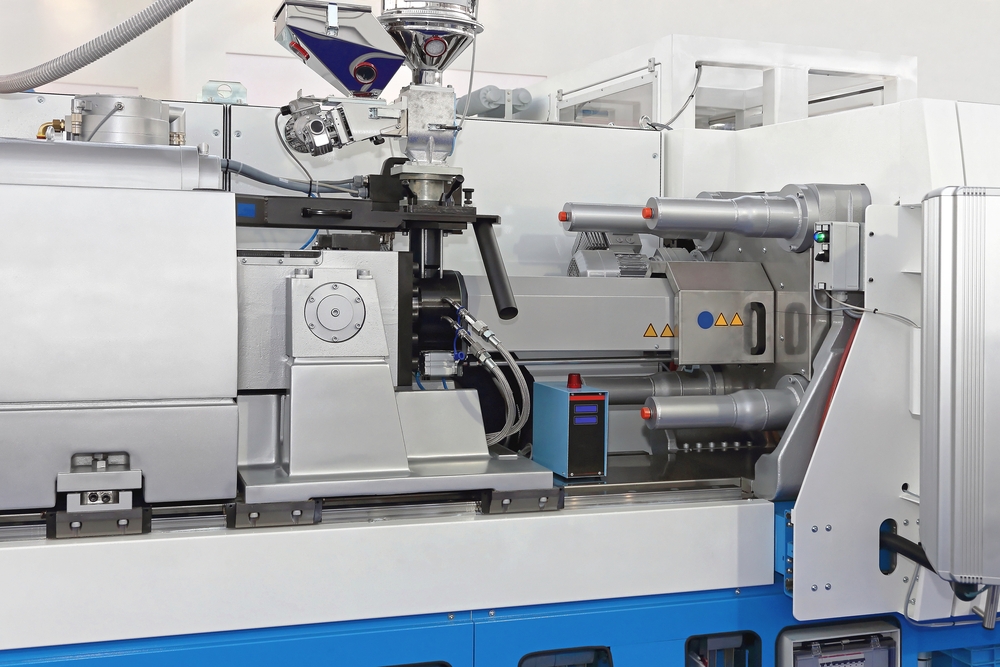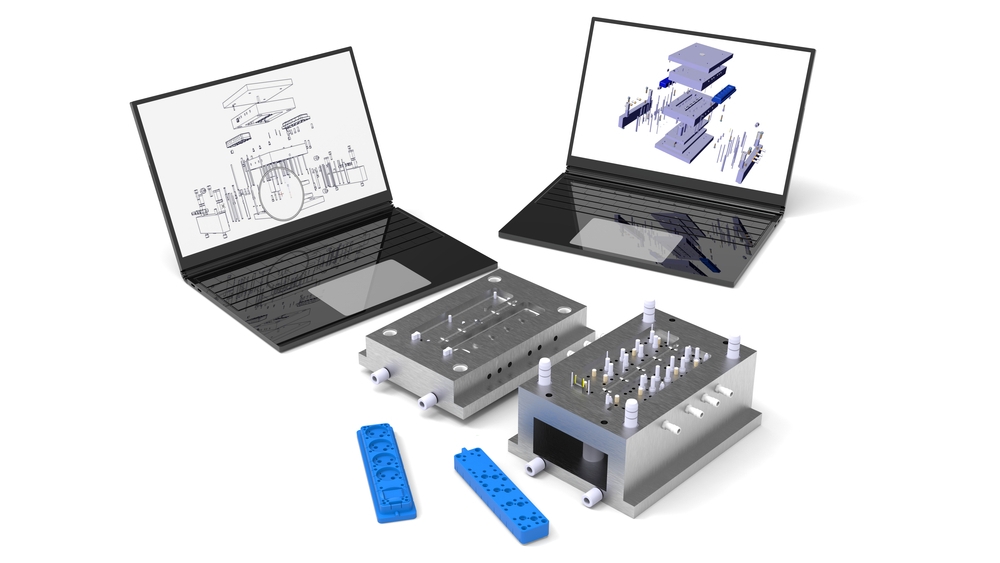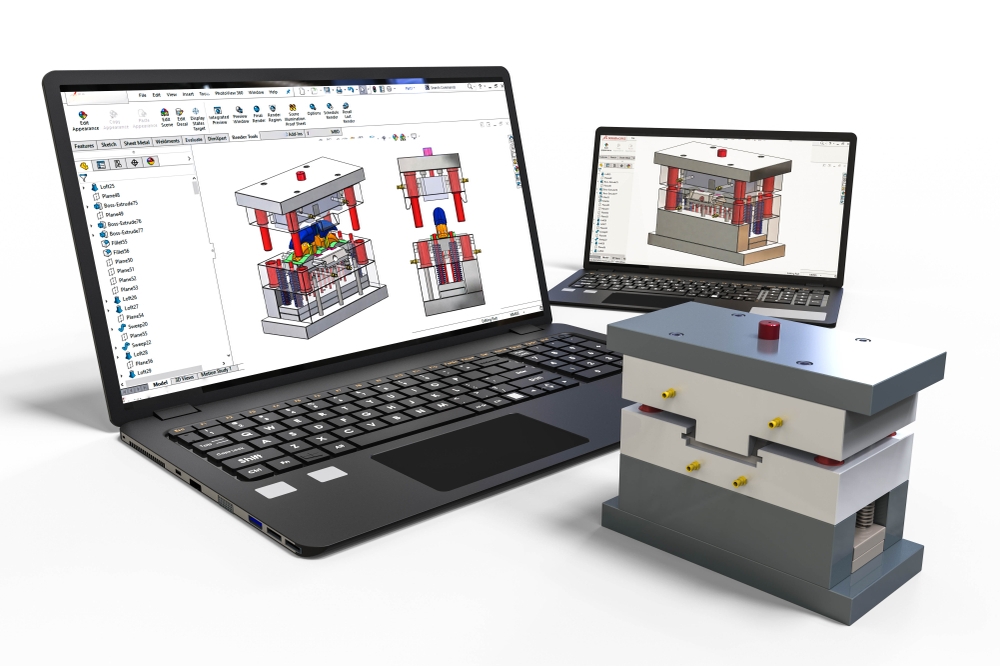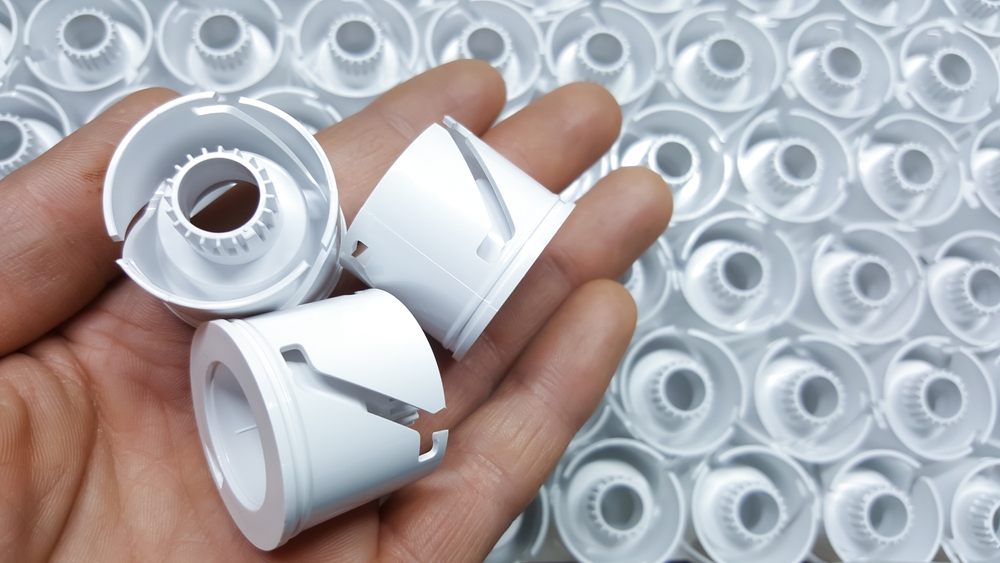Thermoplastic injection moulding is a very well-liked technique for producing plastic parts and components for a variety of uses, including packaging, toys, and vehicle parts. The process makes it possible to construct practically any form, which satisfies almost all production requirements.
A variety of thermoplastics are required for the procedure to be adaptable and extremely dependable. The most important phase in the plastic injection molding production cycle is probably picking the appropriate materials for the project; it’s not quite a case of “one size fits all.”
The most typical thermoplastics used in injection molding are listed below.
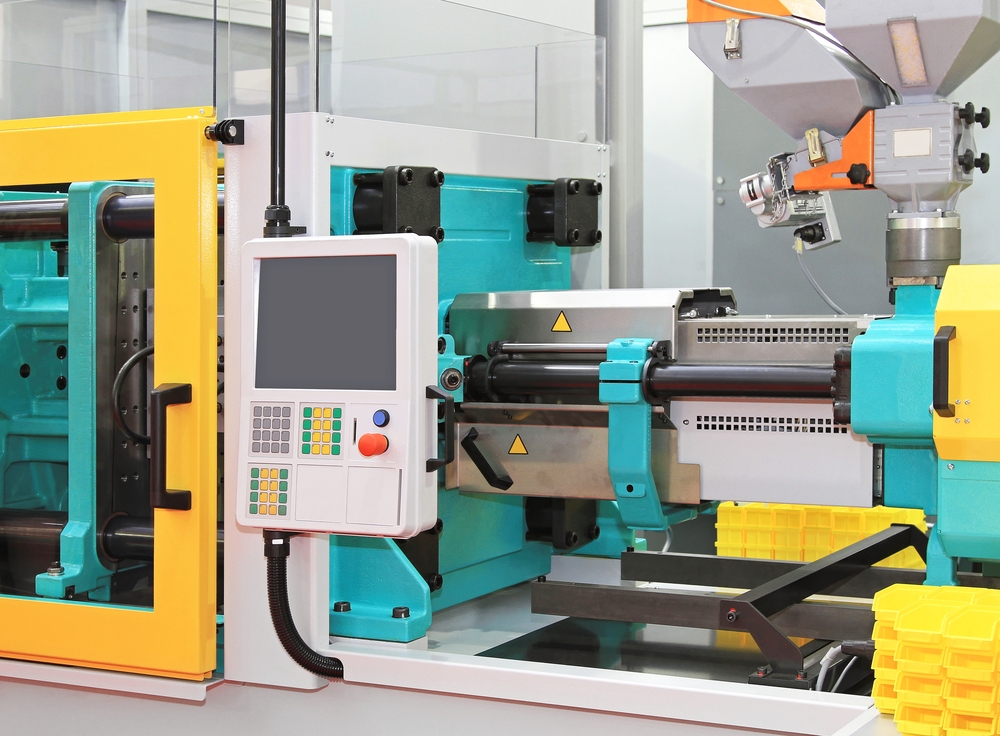
Polyethylene
One of the most well-known thermoplastics, this material is well-known outside of the industrial and technical communities for its adaptability as a packaging solution.
Its changeable crystalline structure makes a wide range of uses possible. This thermoplastic was created in Europe in the 1950s and is either high-density polyethene (HDPE) or low-density polyethene (LDPE).
thermoplastic substance
High tensile strength, impact resistance, moisture resistance, and recycleability are all shared by both variations. Versions with a higher density are often more robust and heat resistant, making them suited for,
bottles used as food containers, as opposed to the lesser density option,
plastic films and bags.
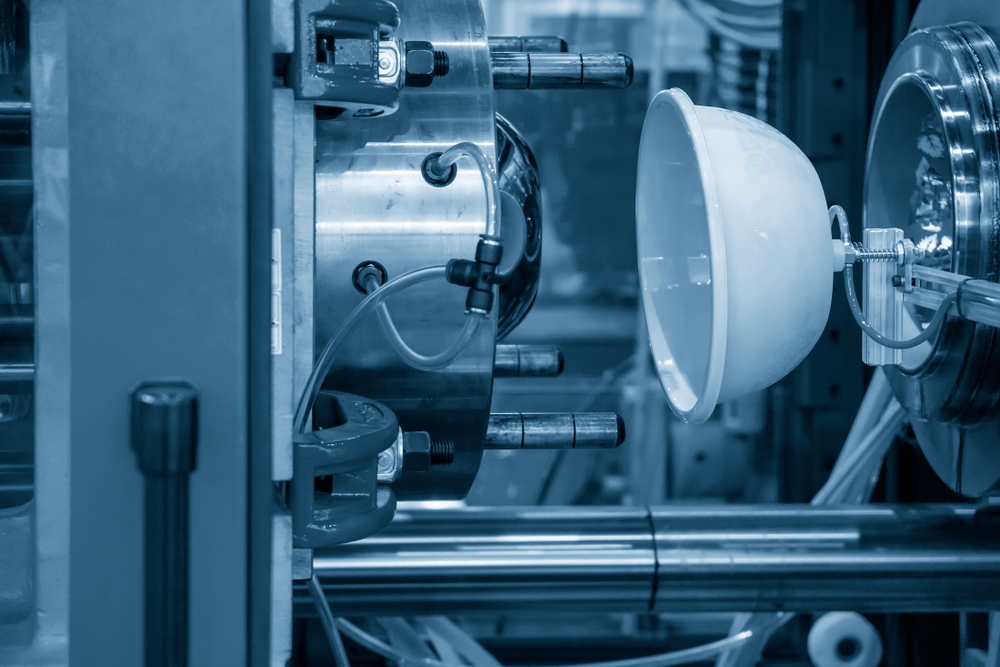
Polycarbonate
When a robust, clear material is required, this thermoplastic excels. Additionally, due to its superior impact resistance,
-bullet-resistant glass
panels for reinforced greenhouses
It can withstand considerable tension without breaking or shattering. Added applications for polycarbonate include
CDs, DVDs,
-lenses for eyeglasses and
-components for mobile phones
Because it can be manipulated, molded, and thermoformed readily, polycarbonate is a common material in the building sector. They’re perfect for,
panels for greenhouses,
roofing for conservatories and
-windows on a porch or outhouse
Acrylic
Popularity of acrylic is due to its appealing finish and adaptability. Additionally, it may be molded in a broad range of colors. Acrylic has a good impact resistance and is stiff. Glass may frequently be replaced by acrylic sheeting in applications like,
-windows
-aquariums -motorcycle helmet visors -fish tanks
Due to its transparency and aesthetic appeal, it is commonly used as a material for arts and crafts projects as well. Due to its strong resilience to inclement weather and simplicity in cleaning and maintenance, other usage include shop signs and vehicle illumination.
Polyamide
Nylon, a more popular name for polyamide, is a material frequently seen in clothing and sporting goods like nets. It is quite durable and resistant to damage. Additionally, nylon has a high degree of stability, which enables it to maintain strength even under stress. Additionally, it has a high level of resistance to external pressures such as impact, chemical corrosion, and abrasion. In addition to clothes, nylon is utilized in a variety of other products, such as,
-sports gear -shoes -medical supplies
-Automotive industry components and industrial components
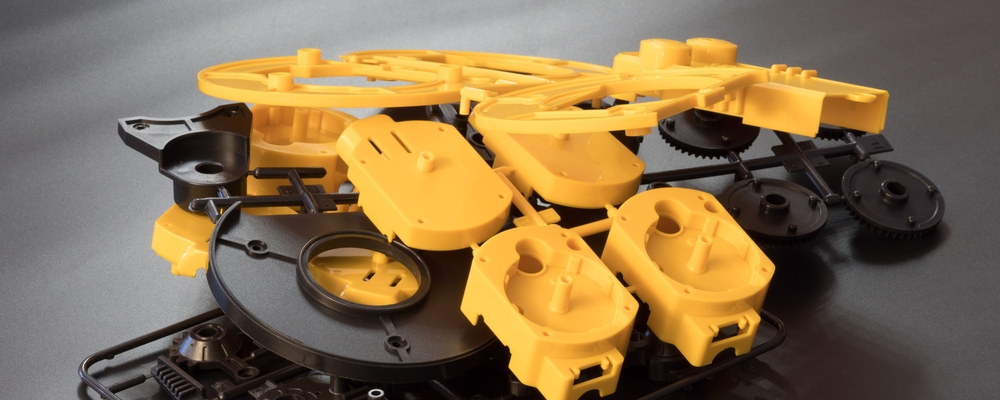
Polystyrene
High Effect Thanks to its durability and resilience to impacts and hard blows, polystyrene is fairly common. It is made by adding rubber to crystal styrene, giving it an amazing level of impact resistance. Due to its low cost and ease of production, it is frequently employed to safeguard assets like expensive machinery or packages in transportation. Since it is non-toxic, it may be manufactured to meet FDA standards and used as containers for food and drink. Although polystyrene is combustible, flame-retardant variants and high gloss grades that provide a high-quality finish may be manufactured.
Polypropylene (PP)
Polypropylene (PP), another typical thermoplastic, is exceedingly flexible, making it ideal for uses like sporting apparel, carpets, and automobile parts that need to be twisted into place. Other polypropylene uses include food containers, and it resists degradation when exposed to water, acids, and detergents. As a consequence, it may be recycled several times, eliminating waste and producing a more environmentally friendly product. Strong melting point and high stress and fracture resistance are two characteristics of polypropylene. It is quite adaptable and has been compounded for a variety of goods.
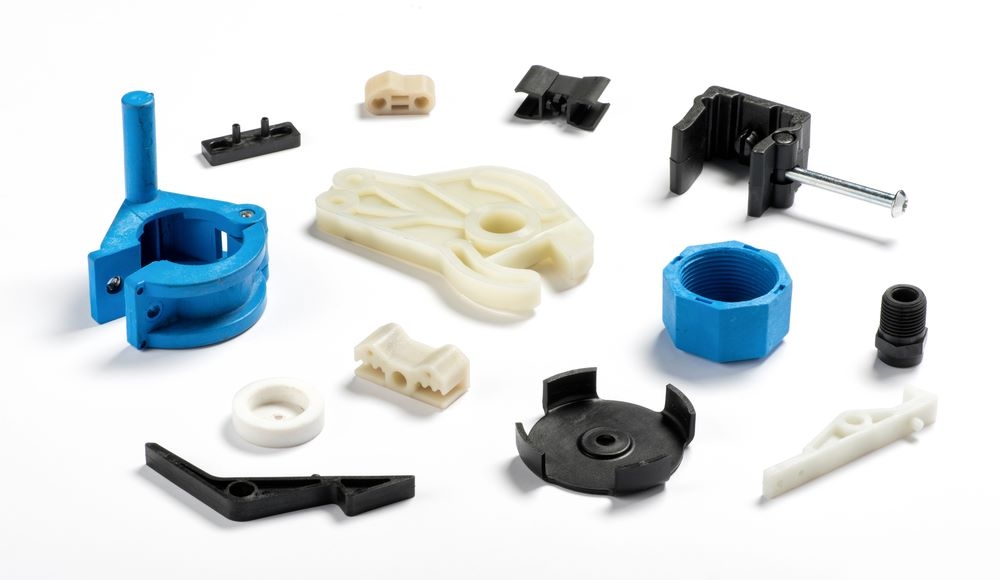
Acrylonitrile Butadiene Styrene (ABS)
The three polymers acrylonitrile, butadiene, and styrene combine to form the terpolymer that makes up this opaque thermoplastic. The result is a flexible, very light material that can be formed into a variety of commonplace objects and components for use in daily life. One of the characteristics of ABS plastic is that it can be molded at high or low temperatures to provide the precise degrees of impact resistance, toughness, and heat resistance that the manufacturer wants. ABS is frequently utilized in automobile parts, musical instruments, sports equipment, and drainpipe systems.
-racquets for tennis and golf
-It is also a crucial element of LEGO, a classic kid favorite.
Polyester
Another well-known thermoplastic that is extensively used in the manufacture of bed linens, clothes, and other home materials. However, polyester is also utilized in packaging, electrical, medicinal, and automobile applications. applications in industry include
-ropes – yarns – textiles for conveyor belts
-coated fabrics -seat belts
-tarpaulins, reinforcing made of plastic
Excellent chemical resistance, dimensional stability, and a good toughness-stiffness balance are all features of polyester. Polyester textiles have a high level of stain resistance. However, it can also be vulnerable to moisture and have weak thermal properties, which can seriously affect drying times.
